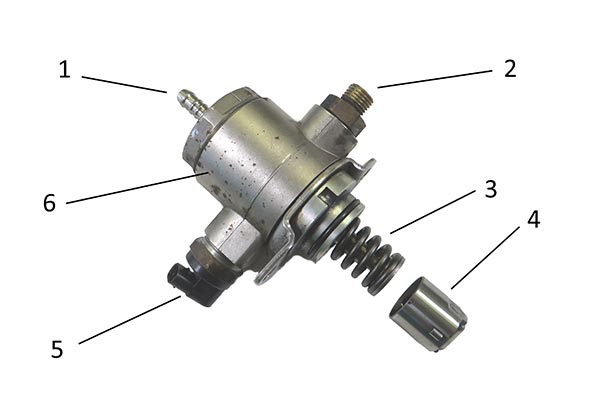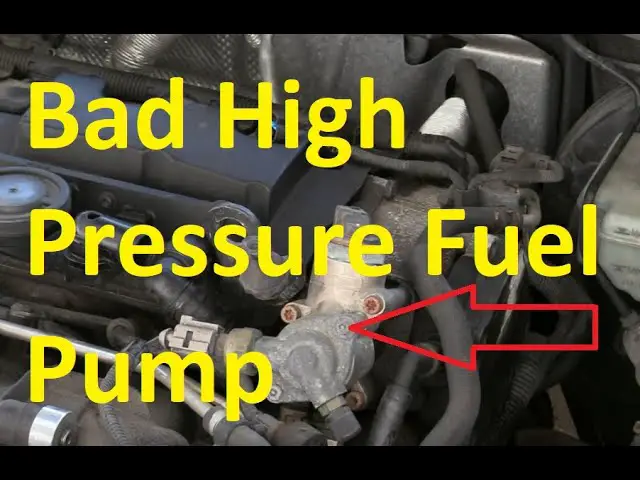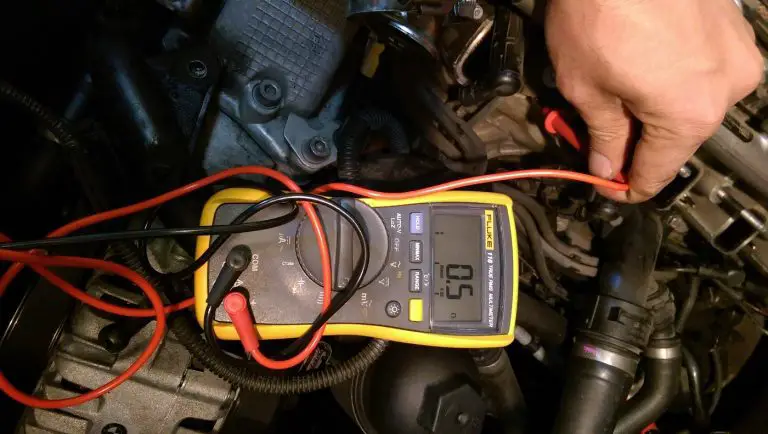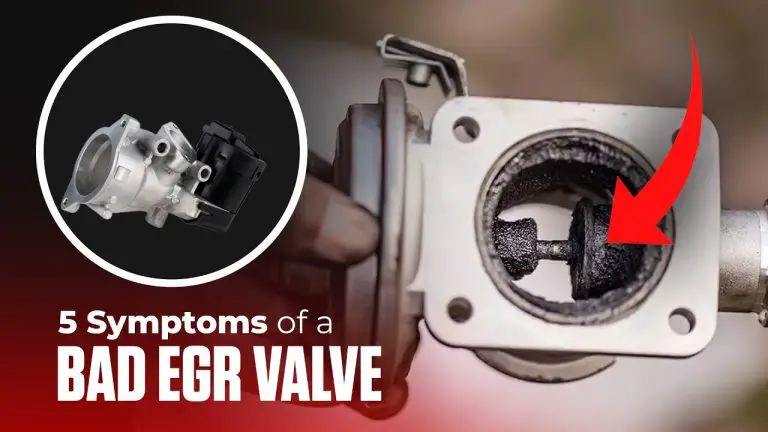Symptoms of a Bad High Pressure Fuel Pump
One of the crucial components in a vehicle’s fuel system is the high pressure fuel pump. This pump is responsible for supplying fuel at high pressure to the fuel injectors, ensuring proper engine performance. When the high pressure fuel pump begins to fail, it can lead to various issues that affect the vehicle’s drivability and overall performance.

Credit: www.hella.com
Common Symptoms of a Failing High Pressure Fuel Pump
Identifying the signs of a failing high pressure fuel pump is essential for timely maintenance and preventing potential engine damage. Here are some common symptoms that indicate a bad high pressure fuel pump:
1. Engine Misfires
A failing high pressure fuel pump may not be able to supply an adequate amount of fuel to the engine, leading to engine misfires. When the fuel pump is unable to maintain the required pressure, the engine may hesitate or jerk during acceleration, indicating potential fuel delivery issues.
2. Sudden Loss Of Power
If the high pressure fuel pump is failing, the engine may experience a sudden loss of power, especially during heavy acceleration or while climbing uphill. This loss of power is often attributed to the inadequate fuel supply caused by a malfunctioning fuel pump.
3. Surging And Sputtering
A bad high pressure fuel pump may cause the engine to surge or sputter while driving at a consistent speed. This irregular fuel delivery can result in fluctuating engine performance, causing surging and sputtering as the fuel supply becomes inconsistent.
4. Difficulty Starting The Engine
When the high pressure fuel pump is failing, it may struggle to build the necessary fuel pressure for engine startup. This can lead to prolonged cranking or difficulty starting the engine, especially after the vehicle has been sitting idle for an extended period.
5. Decreased Fuel Efficiency
A failing high pressure fuel pump can result in decreased fuel efficiency as the engine struggles to maintain optimal performance with inadequate fuel supply. If you notice a sudden drop in fuel economy without any apparent cause, it may be related to a failing fuel pump.
6. Illuminated Check Engine Light
Modern vehicles are equipped with onboard diagnostics that monitor various engine parameters, including fuel system performance. A failing high pressure fuel pump can trigger the check engine light, indicating potential fuel system issues that require attention.
7. Whining Noise From Fuel Pump
A worn-out or failing high pressure fuel pump may produce a high-pitched whining noise, especially during engine startup or acceleration. This noise is often an indicator of internal fuel pump wear and may become more pronounced as the pump deteriorates further.
Frequently Asked Questions On Symptoms Of A Bad High Pressure Fuel Pump
How Can I Tell If My High Pressure Fuel Pump Is Failing?
There are several signs of a failing high pressure fuel pump, such as engine misfires, decreased fuel efficiency, and difficulty starting the engine.
What Causes A High Pressure Fuel Pump To Go Bad?
The most common causes for a high pressure fuel pump to fail are contamination, overheating, and wear and tear over time.
What Are The Consequences Of Driving With A Bad High Pressure Fuel Pump?
Driving with a bad high pressure fuel pump can lead to engine stalling, poor acceleration, and potential damage to other fuel system components.
Can I Replace A High Pressure Fuel Pump Myself?
Replacing a high pressure fuel pump is a complex task and should be done by a professional mechanic with the right tools and knowledge.
Conclusion
As a critical component of the fuel delivery system, the high pressure fuel pump plays a vital role in maintaining engine performance. Recognizing the symptoms of a failing high pressure fuel pump is crucial for addressing potential issues promptly and preventing further damage to the engine. If you experience any of the aforementioned symptoms, it is advisable to have your vehicle inspected by a qualified technician to diagnose and rectify any fuel pump-related issues.



